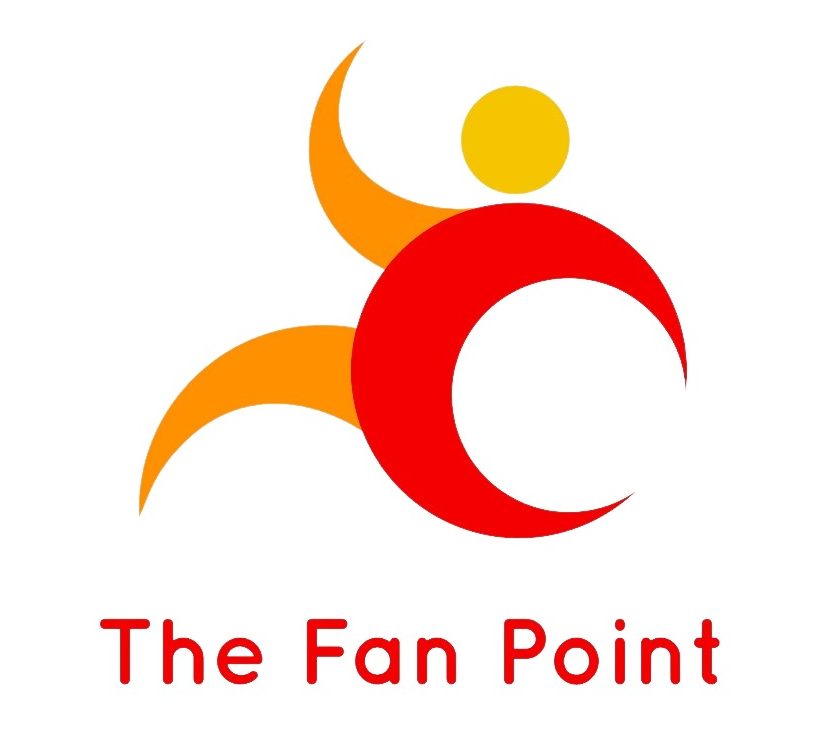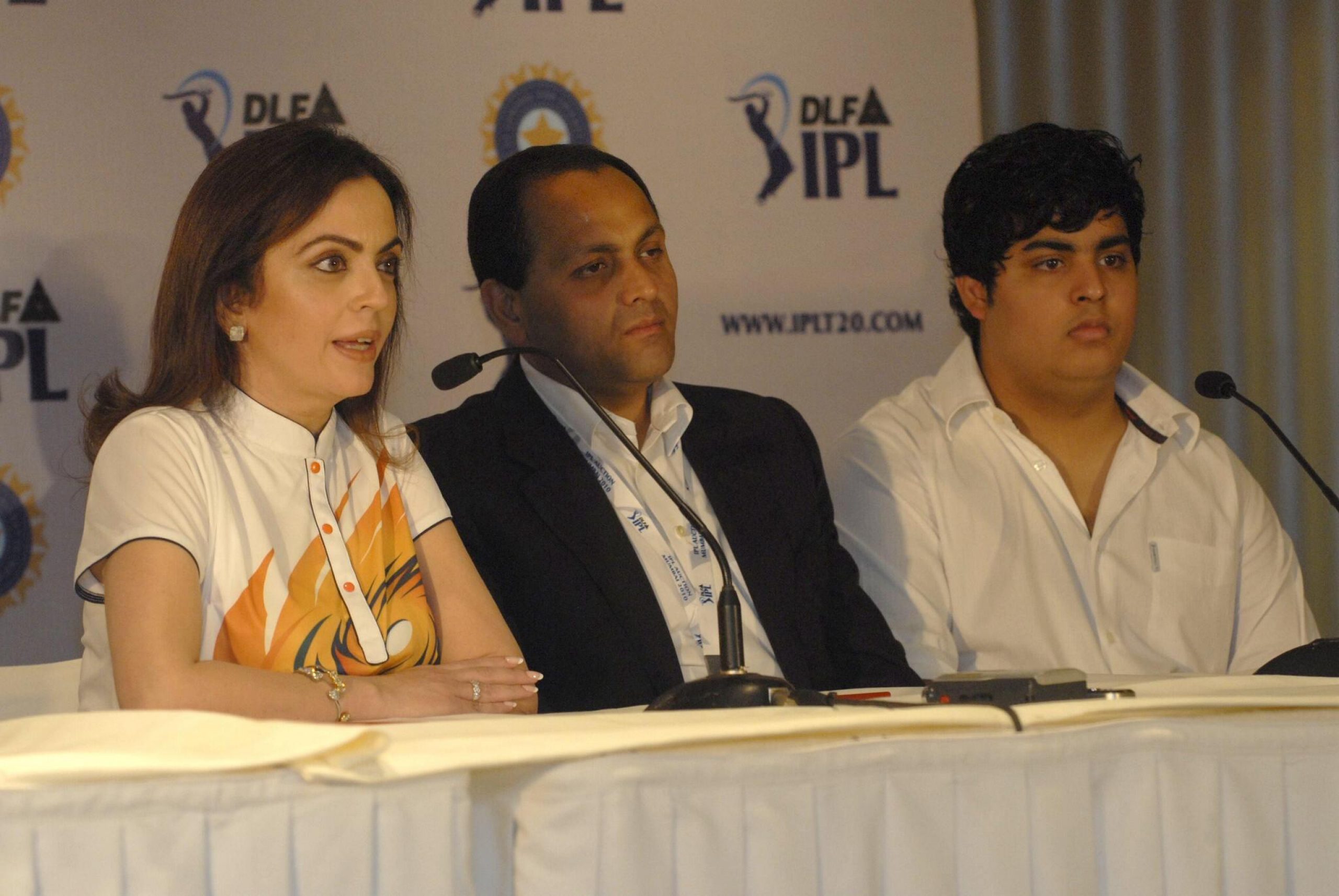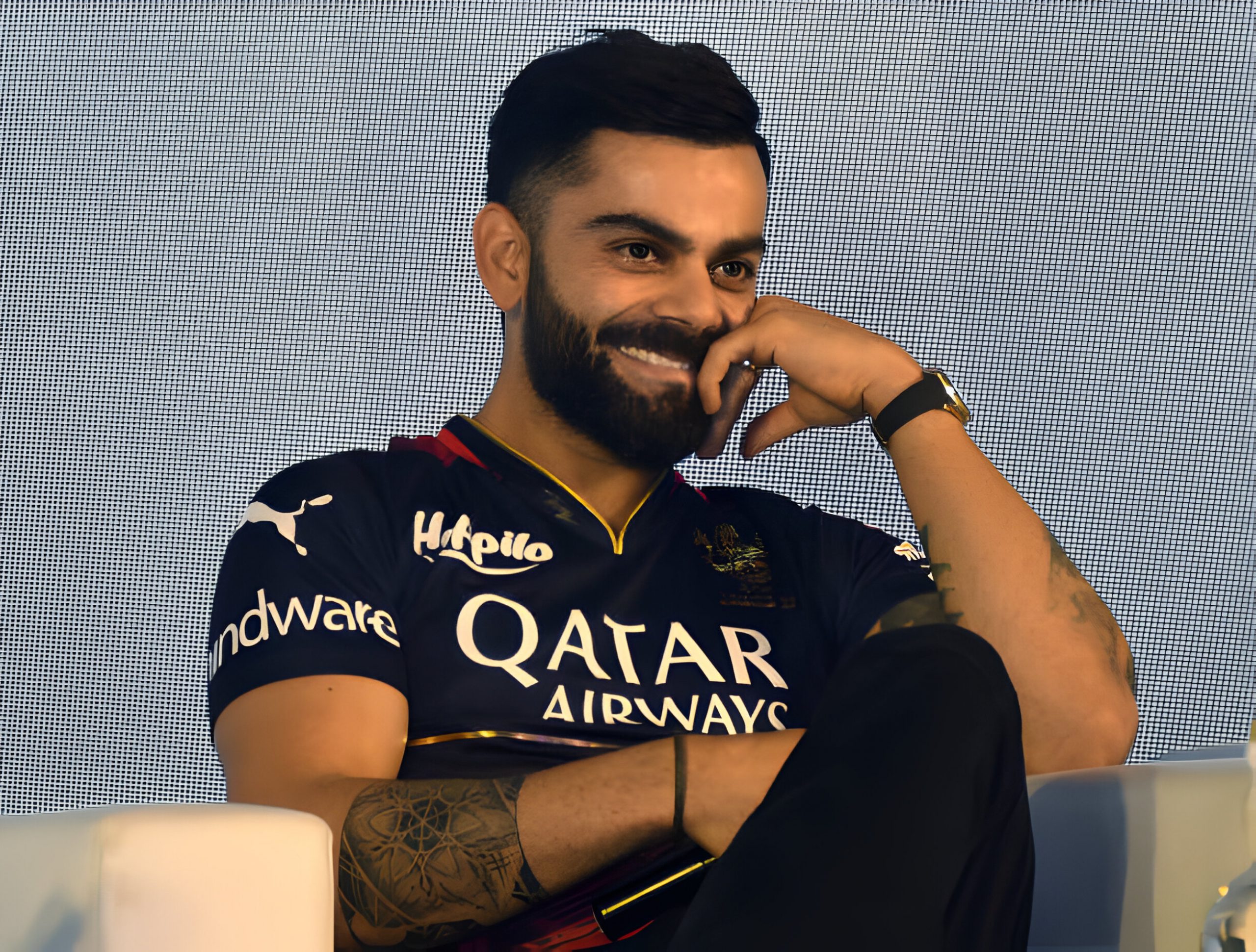The Indian Premier League (IPL) is now a worldwide sporting spectacle that captivates millions of fans, surpassing the limits of a cricket competition. The Indian Premier League (IPL), with its thrilling action, star-studded lineups, and flawless blend of entertainment and cricket, has become a cultural phenomenon. The dynamic ecosystem of IPL owners, which has experienced major changes since the league’s founding in 2008, is at the center of this spectacle.
The Founding Franchises
Eight franchises were formed when the IPL originally started, and prominent people, companies, and business conglomerates bought each one. The league that would combine cricket with financial acumen and glamour was put in motion when individuals such as Shah Rukh Khan of Kolkata Knight Riders, Vijay Mallya of Royal Challengers Bangalore, and Mukesh Ambani of Mumbai Indians emerged as its first owners.
As candidates realized the enormous potential of the IPL brand, offers for these franchises skyrocketed into the millions, making the bidding process nothing short of a circus. The Mumbai Indians were purchased by the Reliance Industries Limited (RIL) company, headed by Mukesh Ambani, for an incredible $111.9 million, and the Kolkata Knight Riders were acquired by the Shah Rukh Khan and Juhi Chawla consortium for $75.09 million.
Dynamics of IPL Owners Over Time
The ownership environment changed along with the IPL, with franchises switching hands in a number of high-profile deals. A number of variables, such as monetary concerns, performance-related challenges, and personal goals, contributed to these changes.
Among the notable shifts were the JSW Group’s 2019 acquisition of the Delhi Daredevils (now the Delhi Capitals), Sun TV Network’s 2018 takeover of the Sunrisers Hyderabad franchise, and Emerging Media IPL Limited’s 2015 acquisition of the Rajasthan Royals.
| Team Name | Founding Owners (2008) | Ownership Changes |
| Mumbai Indians | Reliance Industries Limited (Mukesh Ambani) | No change |
| Chennai Super Kings | India Cements (N. Srinivasan) | Suspended for 2 years (2016-2017) due to spot-fixing scandal, returned under same ownership in 2018. |
| Rajasthan Royals | Emerging Media IPL Limited (Manoj Badale) | Suspended for 2 years (2016-2017) due to spot-fixing scandal. Acquired by Sanjiv Goenka’s RPSG Group in 2022. |
| Kolkata Knight Riders | Shah Rukh Khan, Juhi Chawla, and others | No change |
| Kings XI Punjab (now Punjab Kings) | Weston Group, Preity Zinta, and others | No change in core ownership |
| Delhi Daredevils (now Delhi Capitals) | GMR Group | Acquired by JSW Group in 2019 |
| Royal Challengers Bangalore | Vijay Mallya (initially), later United Spirits Limited | Acquired by Diageo Plc in 2015 |
| Deccan Chargers (defunct) | Deccan Chronicle | Terminated in 2012 due to financial issues, replaced by Sunrisers Hyderabad |
| Sunrisers Hyderabad | Sun TV Network (Kalanithi Maran) | Acquired franchise in 2013, replacing Deccan Chargers |
| Kochi Tuskers Kerala (defunct) | Rendezvous Sports World | Terminated after 1 season (2011) due to ownership disputes |
| Pune Warriors India (defunct) | Sahara Group | Terminated in 2013 due to financial issues |
| Rising Pune Supergiants (defunct) | RP-Sanjiv Goenka Group | Played for 2 seasons (2016-2017) as a temporary team |
| Gujarat Lions (defunct) | Intex Technologies | Played for 2 seasons (2016-2017) as a temporary team |
| Lucknow Super Giants | RPSG Group (Sanjiv Goenka) | Debuted in 2022 |
| Gujrat Titans | CVC Capital Partners | Debuted in 2022 |
Disputes and Their Consequences
Despite being compelling, the IPL’s rapid development has not been without controversy, much of which have revolved around team ownership. The 2015 suspensions of the Rajasthan Royals and Chennai Super Kings teams on claims of betting and spot-fixing were two notable events.
The league’s ownership structure underwent considerable adjustments and temporary franchises were introduced as a result of the governing body’s implementation of stronger regulations and steps to prevent conflicts of interest, which were driven by these scandals.
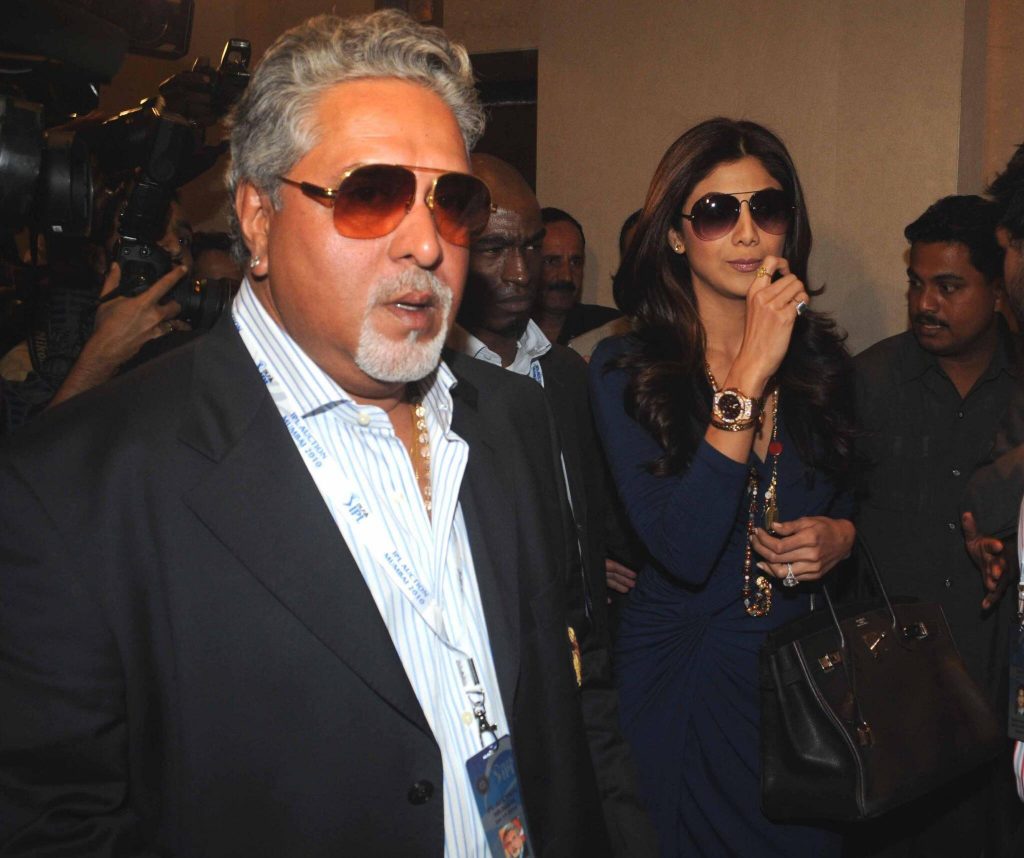
The Ascent of Global Investors
The IPL has seen the influx of foreign investors in recent years, which has strengthened the league’s attractiveness on a global scale. The Lucknow Super Giants are owned by the Goenka-led RPSG Group, while the newly established Ahmedabad franchise was purchased by the Luxembourg-based private equity firm CVC Capital Partners in 2022.
In addition to providing the IPL with new funding, this infusion of international cash has also given the league access to a variety of ownership structures and business savvy.
The Influence of Celebrity Owners
High-profile individuals and celebrities have used the IPL as a forum to highlight their business acumen and love of cricket. The success of their respective teams has been attributed to Shah Rukh Khan and Preity Zinta, co-owners of the Punjab Kings and Kolkata Knight Riders, respectively, and their star power and financial savvy.
Celebrities’ involvement has strengthened the IPL’s reputation as a real mix of sports, commerce, and entertainment by adding glitz to the league and helping it appeal to a wider audience.
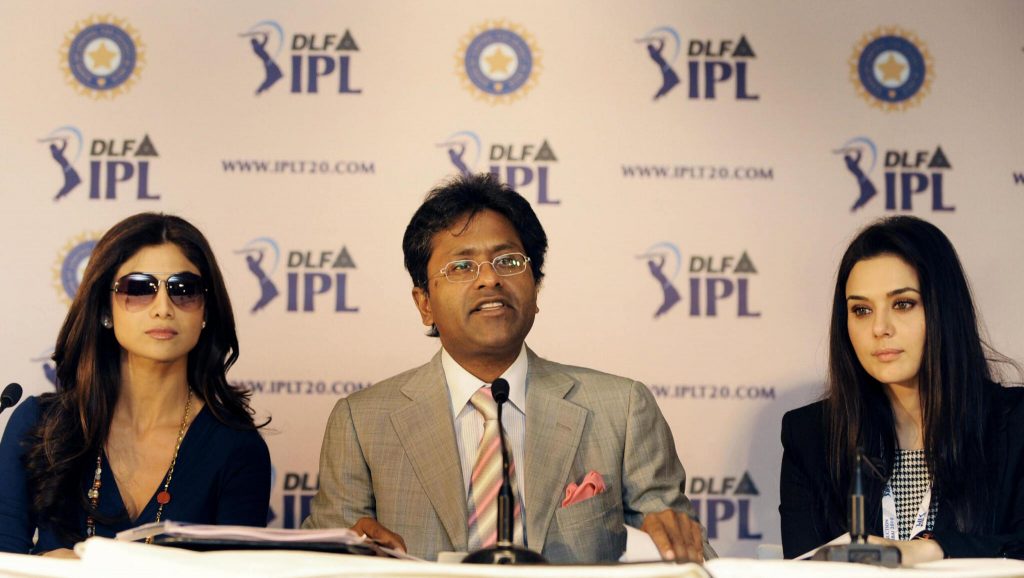
Ownership Patterns and Prospects
When the IPL moves into its 2024 season, a wide range of global investors, prominent personalities, and corporate behemoths make up the ownership landscape. As owners realize the IPL has the ability to generate money and build brand equity, one rising trend is the focus on sustainable expansion plans and long-term investment.
The league has both opportunities and possible concerns in this changing environment, including as the need for continuing accountability and openness in governance, the emergence of new participants, and the change of ownership patterns.
Final Thoughts
The ownership of an IPL team has a fascinating history that has seen the fusion of global aspirations, business, entertainment, and cricket. The ownership dynamics of the league will probably continue to change as it establishes itself as a major international sporting event, taking into account shifting consumer preferences and new business prospects.
One aspect of this dynamic environment never changes: the IPL’s capacity to enthrall spectators and draw the biggest names in commerce, entertainment, and sports. The ownership dynamics of the league will surely influence its future course as it expands and changes, presenting both fresh opportunities and difficulties for everybody engaged in this exciting spectacle of cricket and business.
